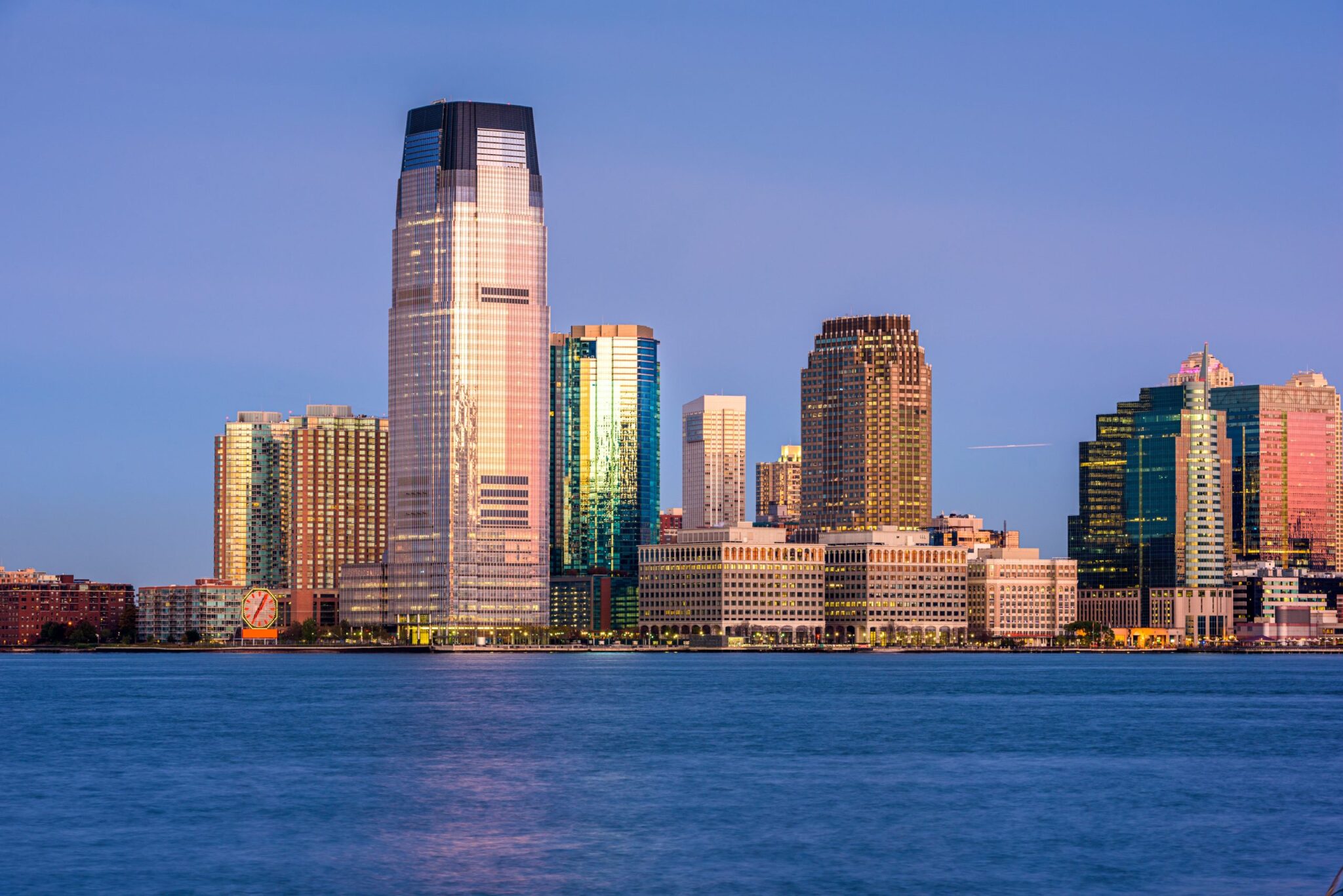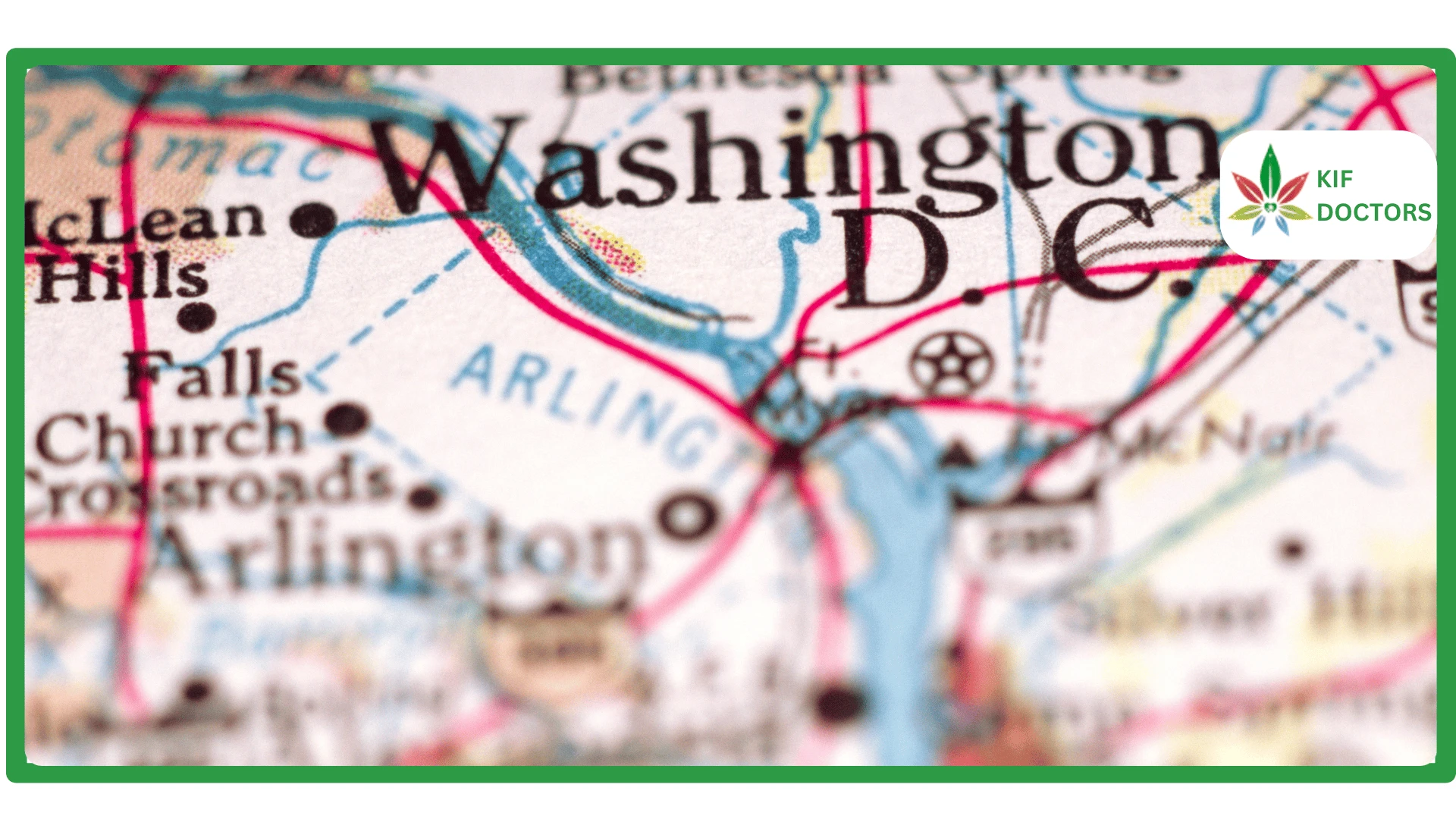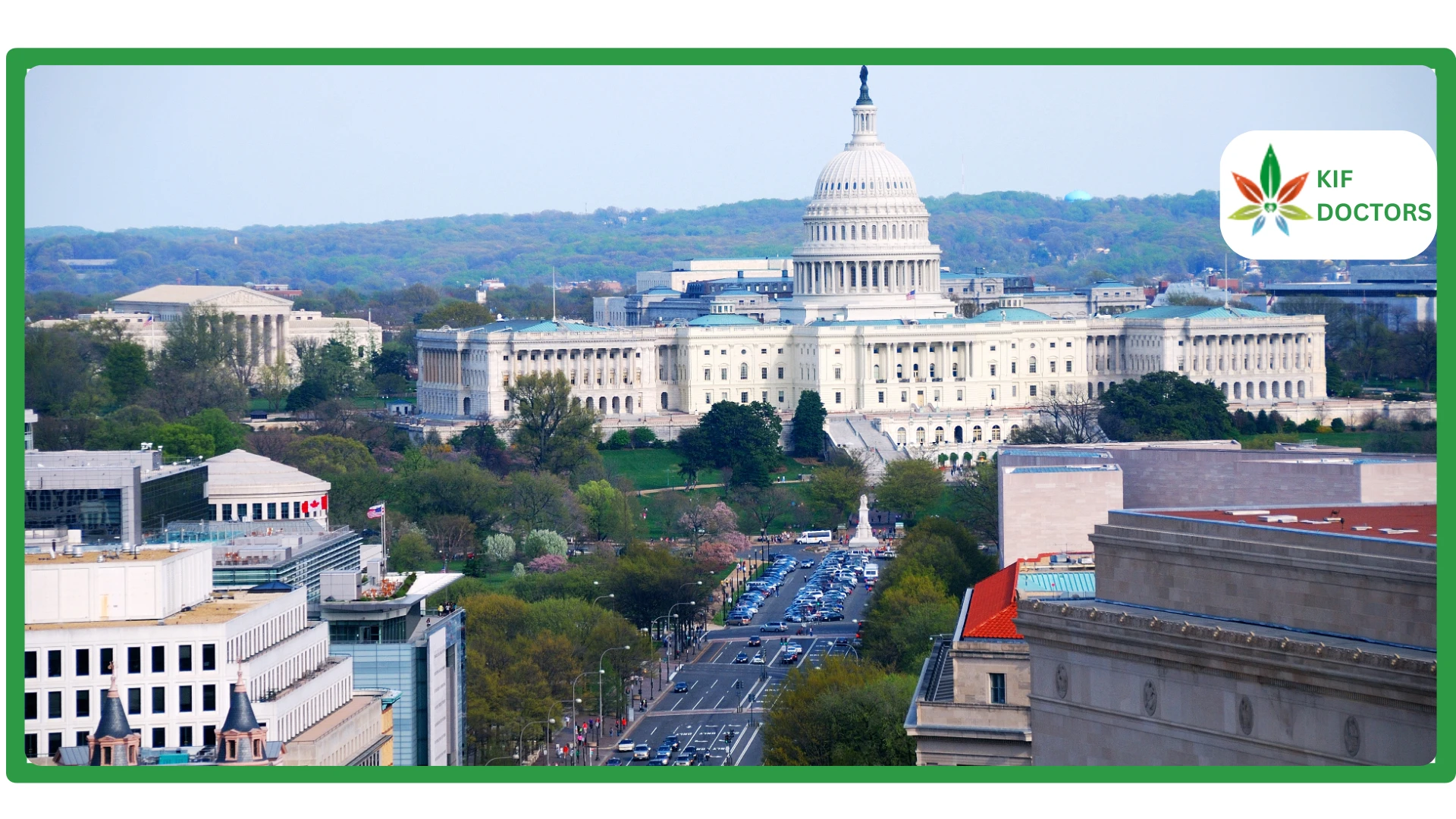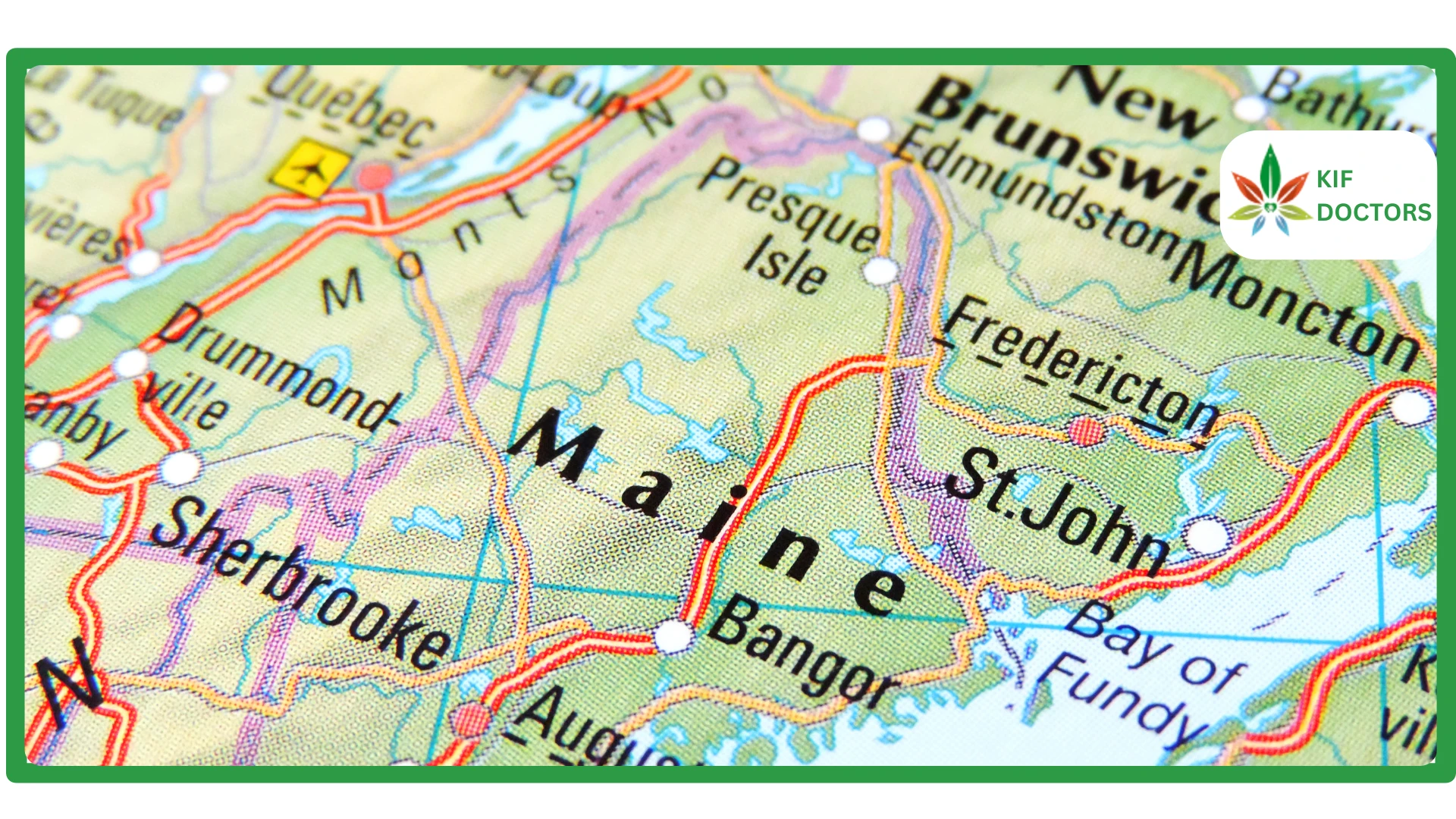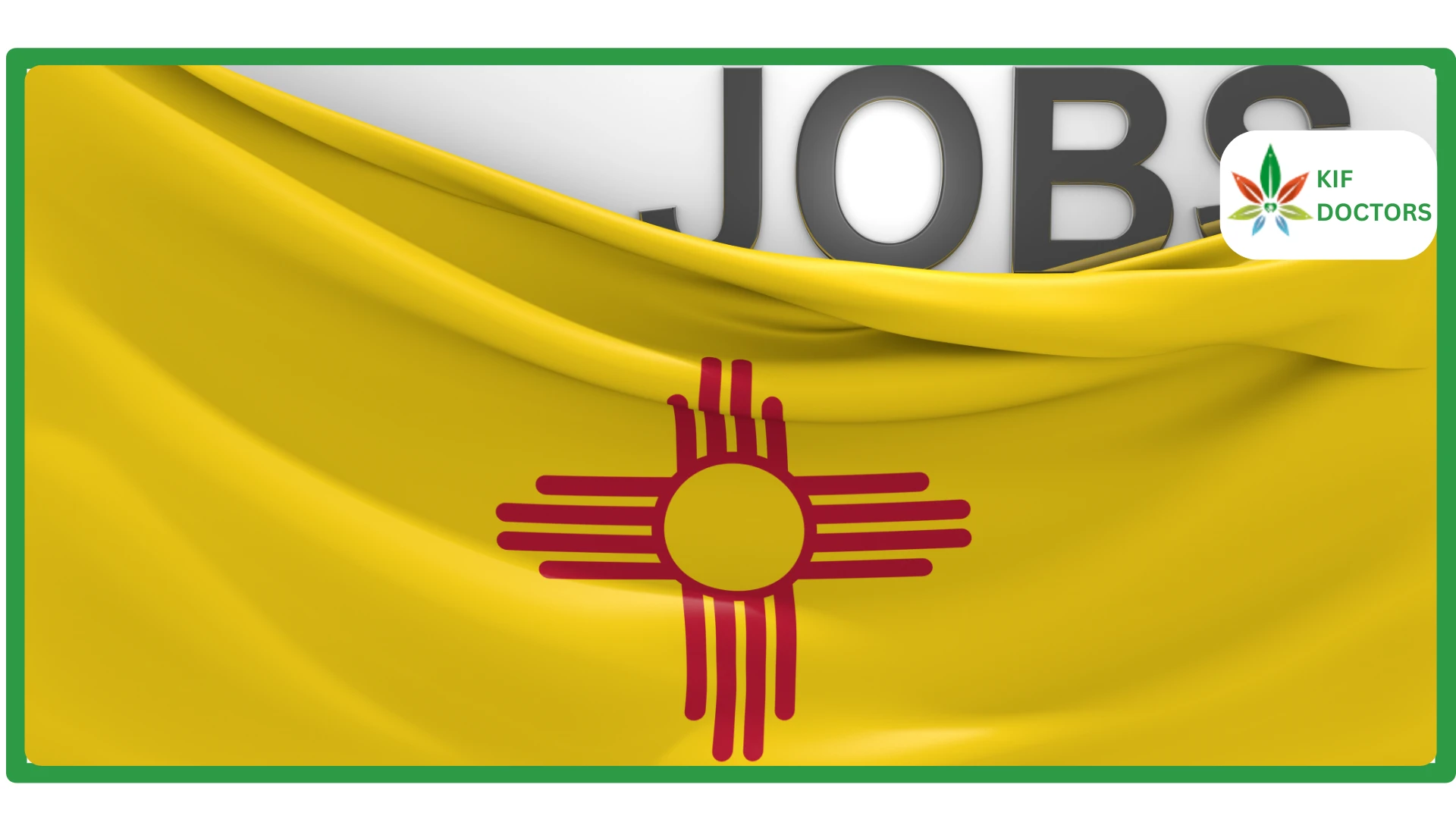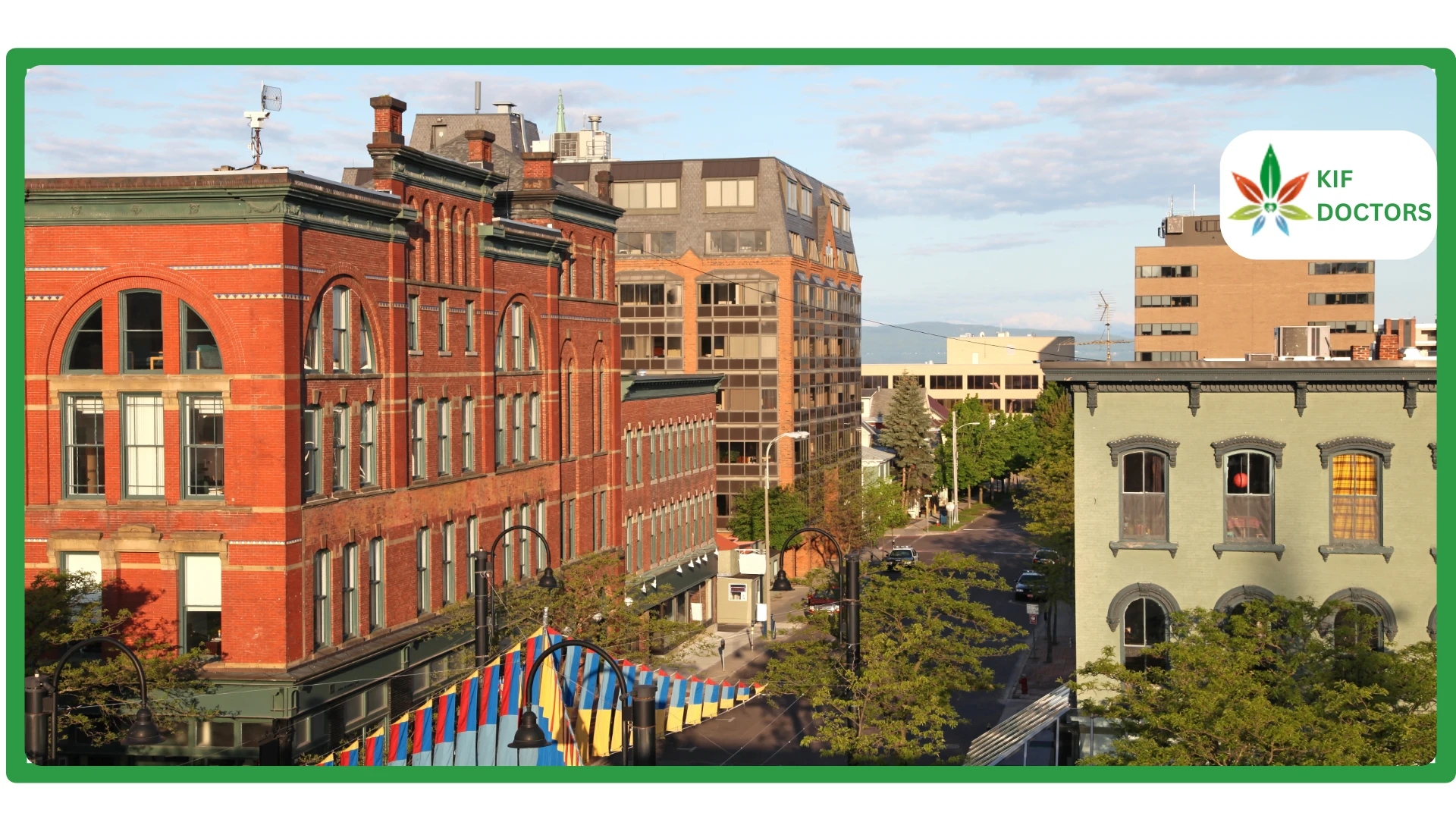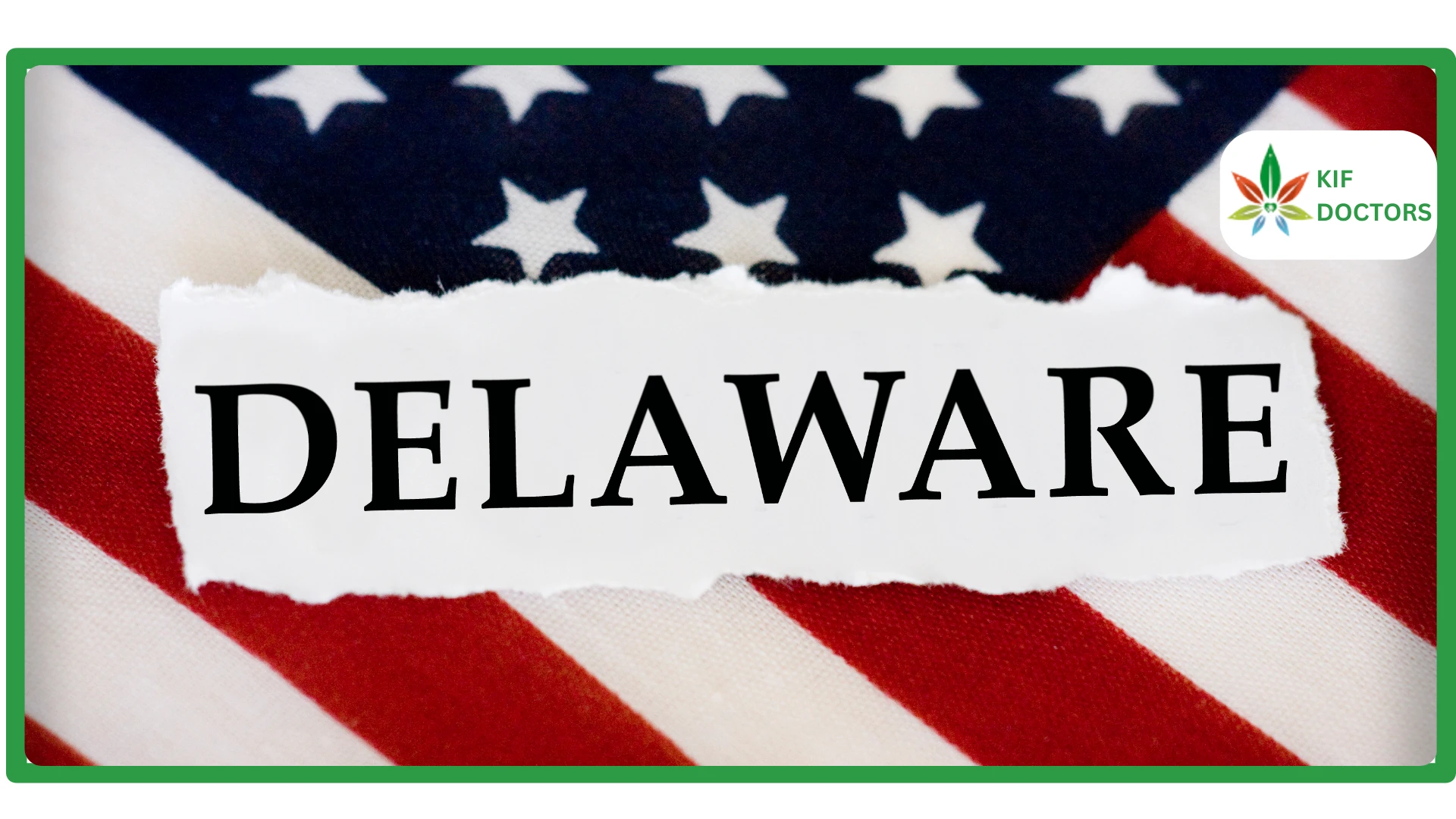New Jersey has emerged as a leader in cannabis policy on the East Coast, with a robust medical marijuana program that has expanded significantly since its inception. For residents seeking relief from debilitating conditions, the state offers a well-regulated system to access medical cannabis through licensed dispensaries. This guide provides a comprehensive look at New Jersey’s medical marijuana program, including how to obtain a medical marijuana card, qualifying conditions, dispensary options, legal protections, and more. Whether you’re a patient, caregiver, or simply curious about the state’s cannabis landscape, this article breaks down everything you need to know in clear, approachable terms.
Overview of New Jersey’s Medical Marijuana Program
New Jersey’s medical marijuana program began in 2010 with the passage of the New Jersey Compassionate Use Medical Marijuana Act. Initially limited in scope, the program has undergone significant expansions, particularly following legislative reforms in 2019 under the Jake Honig Compassionate Use Medical Cannabis Act. These changes broadened qualifying conditions, increased access to dispensaries, and introduced patient-friendly policies like telemedicine certifications and higher purchase limits.
The New Jersey Cannabis Regulatory Commission (CRC) oversees the program, ensuring compliance and regulating the state’s 130+ licensed dispensaries, known as Alternative Treatment Centers (ATCs). Patients with a medical marijuana card can purchase a variety of cannabis products, including flower, edibles, tinctures, oils, vape cartridges, and topicals. Unlike some states, New Jersey allows home delivery and curbside pickup, making access more convenient, especially for patients with mobility challenges.
The program’s growth reflects New Jersey’s progressive stance on cannabis. As of early 2025, over 100,000 patients are registered, supported by a network of physicians and dispensaries across the state. The legalization of recreational marijuana in 2021 has further normalized cannabis use, though the medical program remains distinct, offering benefits like tax exemptions and higher potency products for patients.
Qualifying Conditions for Medical Marijuana
To qualify for a medical marijuana card in New Jersey, patients must have a diagnosed condition from a list of approved ailments. The state has one of the most expansive lists in the nation, reflecting a commitment to addressing diverse medical needs. Qualifying conditions include:
- Amyotrophic lateral sclerosis (ALS)
- Anxiety
- Cancer (including associated chronic pain or nausea)
- Chronic pain (related to musculoskeletal disorders or visceral pain)
- Crohn’s disease
- Epilepsy or other seizure disorders
- Glaucoma
- HIV/AIDS (including associated symptoms)
- Inflammatory bowel disease (IBD)
- Migraines
- Multiple sclerosis (MS)
- Muscular dystrophy
- Opioid use disorder (as an adjunct to treatment)
- Parkinson’s disease
- Post-traumatic stress disorder (PTSD)
- Terminal illness (with a prognosis of less than 12 months)
- Tourette’s syndrome
In addition, chronic pain not tied to a specific condition may qualify if it’s severe and unresponsive to conventional treatments. The inclusion of anxiety, migraines, and opioid use disorder reflects recent expansions aimed at addressing mental health and addiction challenges. Physicians can also recommend cannabis for other conditions if they believe it’s medically appropriate, subject to CRC approval.
How to Get a Medical Marijuana Card in New Jersey
Obtaining a medical marijuana card in New Jersey is a straightforward process, thanks to streamlined regulations and the option for telemedicine evaluations. Here’s a step-by-step guide to help you navigate the process:
- Consult a Registered Physician: Schedule an appointment with a physician registered with the New Jersey Medical Marijuana Program (MMP). The physician must confirm a qualifying condition and determine that medical cannabis is an appropriate treatment. Telemedicine appointments are permitted, making this step more accessible for patients with limited mobility.
- Register with the CRC: Create an account on the CRC’s online portal and complete the patient registration form. You’ll need to upload proof of New Jersey residency (e.g., a driver’s license or utility bill), a recent photo, and the physician’s certification. The registration fee is $50, with reduced fees ($20) for seniors, veterans, and patients receiving public assistance.
- Receive Your Card: Once approved, you’ll receive a digital medical marijuana card via email, which can be used immediately at dispensaries. A physical card is mailed within 7–10 days. Cards are valid for two years and require renewal with a new physician certification.
- Visit a Dispensary: With your card, you can purchase up to 3 ounces of cannabis per month (or 6 ounces for terminal patients) at any licensed ATC. Dispensaries offer consultations to help patients select products tailored to their needs.
For those seeking a faster process, services like Kif Doctors provide online evaluations to connect patients with registered physicians. I always recommend going for a Medical Marijuana Card Online Instantly to simplify the application and ensure quick access to relief.
Caregivers can also register to assist minors or patients unable to manage their treatment. Caregivers must be at least 18, pass a background check, and pay a $50 fee. They can purchase and administer cannabis on behalf of up to two patients.
Costs and Insurance Considerations
The cost of obtaining a medical marijuana card includes the $50 registration fee and the physician consultation, which typically ranges from $100 to $200. Some physicians offer discounts for follow-up visits or renewals. While medical cannabis itself is not covered by insurance due to federal restrictions, New Jersey exempts medical marijuana from the 6.625% sales tax applied to recreational purchases, saving patients money.
Dispensary prices vary, with an ounce of cannabis flower averaging $300–$400, though discounts for veterans, seniors, and low-income patients are common. Edibles, tinctures, and vape products may cost more, depending on potency and brand. Patients should budget for ongoing costs, as monthly purchases can add up, especially for those requiring higher doses.
Visiting Dispensaries in New Jersey
New Jersey’s medical marijuana patients have access to over 130 dispensaries statewide, operated by companies like Curaleaf, Verano, and Ascend Wellness. These ATCs are spread across urban and suburban areas, ensuring most residents are within a reasonable distance of a location. Popular dispensaries include:
- Curaleaf (Bellmawr, Bordentown, Edgewater Park): Known for a wide selection of flower and edibles.
- Zen Leaf (Elizabeth, Neptune, Lawrence): Offers home delivery and veteran discounts.
- The Botanist (Egg Harbor, Williamstown): Specializes in high-potency products for chronic conditions.
Dispensaries require a valid medical marijuana card and government-issued ID for entry. Patients can purchase up to 3 ounces of cannabis per month, with no daily limit, allowing flexibility for those with varying needs. Many ATCs offer online ordering, curbside pickup, and delivery, which became permanent options after proving successful during the COVID-19 pandemic.
Product quality is tightly regulated, with all cannabis tested for potency, pesticides, and contaminants. Patients can choose from high-THC, high-CBD, or balanced products, depending on their condition. Dispensary staff, often trained in cannabis therapeutics, can guide patients in selecting strains or formats, such as indica for relaxation or sativa for daytime use.
Legal Protections for Medical Marijuana Patients
New Jersey offers robust protections for medical marijuana patients, setting it apart from more restrictive states. Key legal safeguards include:
- Workplace Protections: The 2019 Jake Honig Act prohibits employers from firing or discriminating against employees solely for their status as medical cannabis patients. However, employers can discipline employees for using cannabis on the job or being impaired at work. A 2021 New Jersey Supreme Court ruling clarified that employers must engage in an interactive process to accommodate medical cannabis use outside work hours.
- Housing Protections: Landlords cannot refuse to rent to patients based on their medical cannabis use, though smoking cannabis may be restricted under lease agreements. Vaping or edibles are often recommended to comply with no-smoking policies.
- Child Custody: Medical cannabis use cannot be used as the sole basis for denying custody or visitation rights, protecting parents who are registered patients.
Despite these protections, patients should exercise caution. Federal law still classifies cannabis as a Schedule I substance, meaning it’s illegal on federal property, including military bases or national parks in New Jersey. Traveling with medical cannabis across state lines is also prohibited, even to states with similar programs.
Recreational Marijuana and Its Impact on Medical Patients
New Jersey legalized recreational marijuana in November 2020 via a voter referendum, with sales beginning in April 2022. While this expanded access for adults 21 and older, the medical program remains critical for patients. Medical cannabis offers several advantages over recreational purchases:
- Tax exemptions (recreational cannabis is subject to a 6.625% sales tax plus local taxes).
- Higher potency products and larger purchase limits (3 ounces vs. 1 ounce for recreational users).
- Access to dispensary staff trained in medical use.
- Priority service at dispensaries during peak hours.
Recreational legalization has also driven down prices, as increased supply benefits both markets. However, some patients worry that the focus on recreational sales could strain dispensary inventories or reduce the availability of medical-specific products. The CRC has addressed this by requiring ATCs to maintain separate medical inventories and prioritize patient access.
The Future of Medical Marijuana in New Jersey
New Jersey’s medical marijuana program is poised for continued growth, driven by patient demand and legislative support. The CRC is exploring ways to further streamline the program, such as reducing registration fees, expanding telemedicine options, and adding new qualifying conditions based on emerging research. A recent proposal to include autism spectrum disorder as a qualifying condition is under review, reflecting the state’s responsiveness to patient needs.
The state’s recreational market, projected to generate $2 billion annually by 2026, may indirectly benefit medical patients by funding infrastructure improvements and research into cannabis therapeutics. Social equity initiatives, like prioritizing licenses for minority-owned businesses, aim to address disparities in cannabis enforcement, which disproportionately affect Black and Latino communities.
Challenges remain, including the need for more physicians to join the program and greater public education about medical cannabis. Stigma persists, particularly among older patients or those in conservative communities, but advocacy groups and dispensaries are working to normalize its use through outreach and workshops.
For the latest updates, patients can visit the CRC’s official website [New Jersey Cannabis Regulatory Commission]. News outlets like NJ Spotlight also provide ongoing coverage of cannabis policy developments [NJ Spotlight News].
FAQs About Medical Marijuana in New Jersey
Who qualifies for a medical marijuana card in New Jersey?
Patients with qualifying conditions like chronic pain, cancer, anxiety, or PTSD can apply. A registered physician must certify the condition and recommend cannabis.
How much does a medical marijuana card cost?
The registration fee is $50 ($20 for seniors, veterans, or low-income patients). Physician consultations typically cost $100–$200, with possible discounts for renewals.
Can I use my medical marijuana card in other states?
No, New Jersey’s medical marijuana card is not valid outside the state. Transporting cannabis across state lines is illegal, even to states with medical programs.
Are medical marijuana patients protected at work?
Yes, employers cannot fire or discriminate against patients for off-duty medical cannabis use, but they can discipline for on-the-job use or impairment.
Can I grow my own medical marijuana?</h/inf>home cultivation is illegal for both medical and recreational users in New Jersey. Patients must purchase cannabis from licensed dispensaries.
Conclusion
New Jersey’s medical marijuana program offers a lifeline for patients seeking relief from serious conditions, backed by a progressive framework that prioritizes access and protections. From the straightforward process of obtaining a medical marijuana card to the growing network of dispensaries, the state has created a system that balances regulation with compassion. While challenges like cost and stigma persist, ongoing reforms and the recreational market’s growth signal a bright future for medical cannabis in the Garden State. For those considering the program, consulting a registered physician and exploring dispensary options are key first steps toward finding safe, effective relief.
 Since 2021, Kif offers a streamlined platform to get a medical marijuana card online. We have served more than 45K patients across the United States. Sign Up Now to get the right to use medical cannabis for your health condition without any delay.
Since 2021, Kif offers a streamlined platform to get a medical marijuana card online. We have served more than 45K patients across the United States. Sign Up Now to get the right to use medical cannabis for your health condition without any delay.















